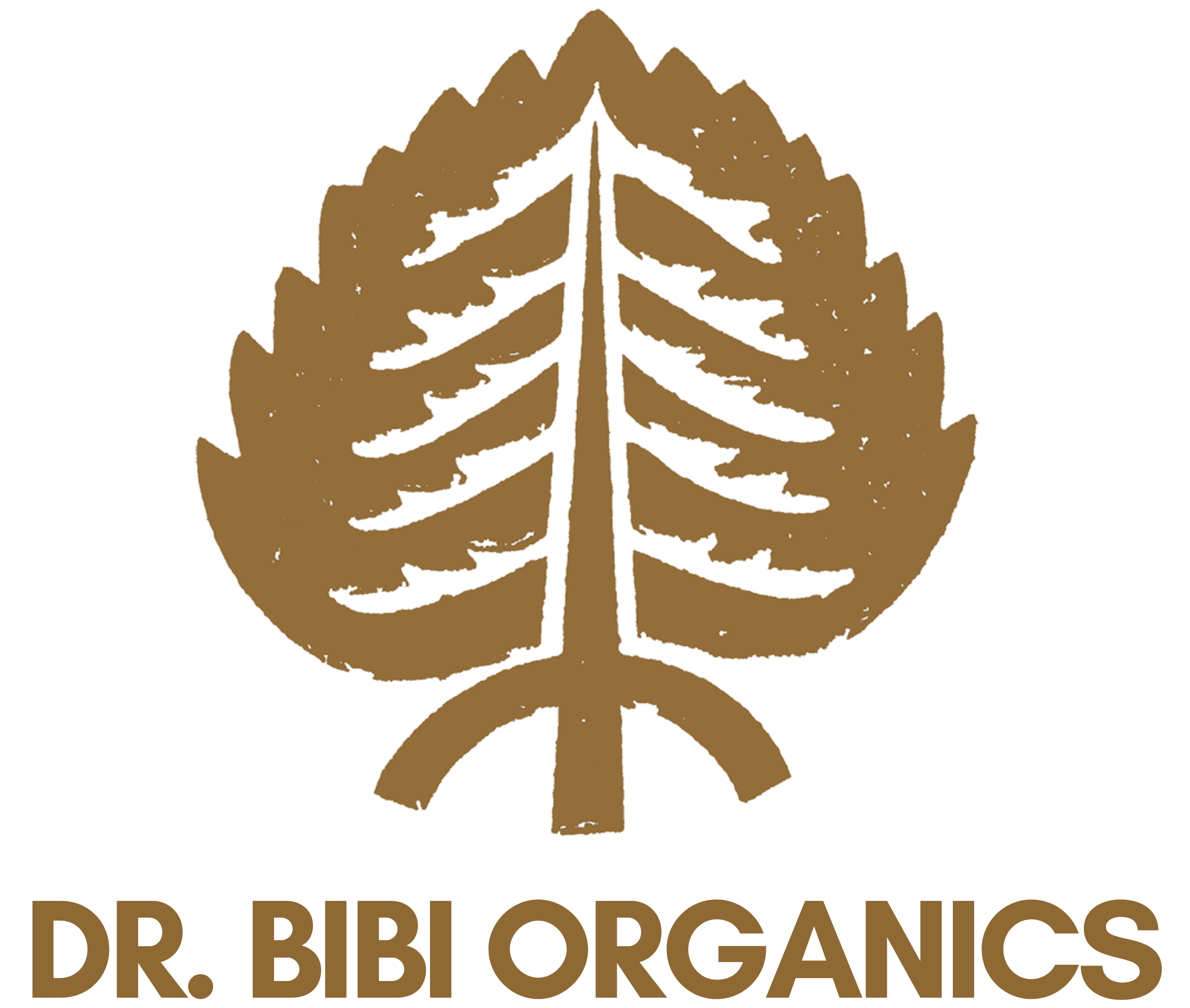Here’s a staggering fact: the average American woman is projected to spend over $250,000 on skincare throughout her lifetime. That's not all—she will spend more than two and a half years of her life applying skincare products and following routines. These statistics are both mind-blowing and alarming. But here’s the kicker: many of these products might be completely unnecessary.
Let’s break it down. Skincare products generally fall into two categories: abrasives and moisturizers. Abrasives, such as scrubs, exfoliants, and certain cleansers, work by stripping away the top layers of the skin. This action often leads to a need for moisturizers—products designed to hydrate and protect the skin. However, most of these abrasive products don’t offer significant benefits and can actually cause harm. They can make your skin more sensitive and irritated, leading to a vicious cycle of needing more products to fix the damage.
The skincare industry has cleverly marketed these products as essential for maintaining skin health. Terms like “refreshing” or “revitalizing” create the illusion that these products are crucial. In reality, many have no proven benefit beyond basic hand washing and, in some cases, treating specific skin conditions like acne, seborrheic dermatitis or infections.
Instead of following the industry’s endless push for more products, consider simplifying your skincare routine. Here’s a challenge: eliminate unnecessary products and focus on what your skin genuinely needs.
First, reduce the use of abrasive products: hot water, most detergents, scrubs, loofahs, or exfoliating brushes. Washing most of your skin with cool or lukewarm water is perfectly fine. For those with strong body odor or concern about body odor, using a gentle soap on the skin folds will address this issue effectively. The rest of the skin from head to toe does not normally produce body odor. For shampoos, use them sparingly, as they can dry out your hair and scalp. When it comes to face washing, skip the harsh cleansers and opt for gentle alternatives like coconut oil or other vegetable oils to remove makeup. These oils can effectively cleanse your skin without stripping it of its natural moisture.
Next, reconsider the need for moisturizers. Many people use them automatically, but not everyone requires daily moisturizing. If your skin is oily or normal, additional moisturizing can be of either no value or make matters worse by changing the basic properties of the skin and potentially lead to sensitivity or irritation. Instead, monitor your skin’s condition and moisturize only if you notice persistent dryness in specific areas. The most effective moisturizers are occlusives such as petroleum jelly or for a natural option consider our shea butter moisturizers. These oils help protect the skin by preventing water loss from the surface and helping maintain the integrity of the skin barrier. However, with a viscous consistency many are reluctant to use these products. The trick is to use a tiny drop-sized amount spreading it out as far as possible to cover the entire area: the face, an arm or a leg with no leftover residue.
By cutting back on abrasive products and unnecessary moisturizers, you can save time, money, and avoid skin irritation. Your skin is a remarkable organ capable of maintaining its health with minimal intervention. The key is to listen to it and use products only as needed.
Take the challenge: simplify your skincare routine and see how much you can save while keeping your skin healthy and happy. Share this with friends and family to help them make more informed choices about their skincare.
If you found this helpful, subscribe to Dr. Bibi's Newsletter for cutting edge skincare and share this article. For further insights into skincare simplification, check out my book "Sick Skin - Skin Care Made Simple" on Amazon, now available in audio.
Thanks for reading and God bless.
Yuval Bibi, MD/PhD - Board Certified Dermatologist


Share and get 15% off!
Simply share this product on one of the following social networks and you will unlock 15% off!